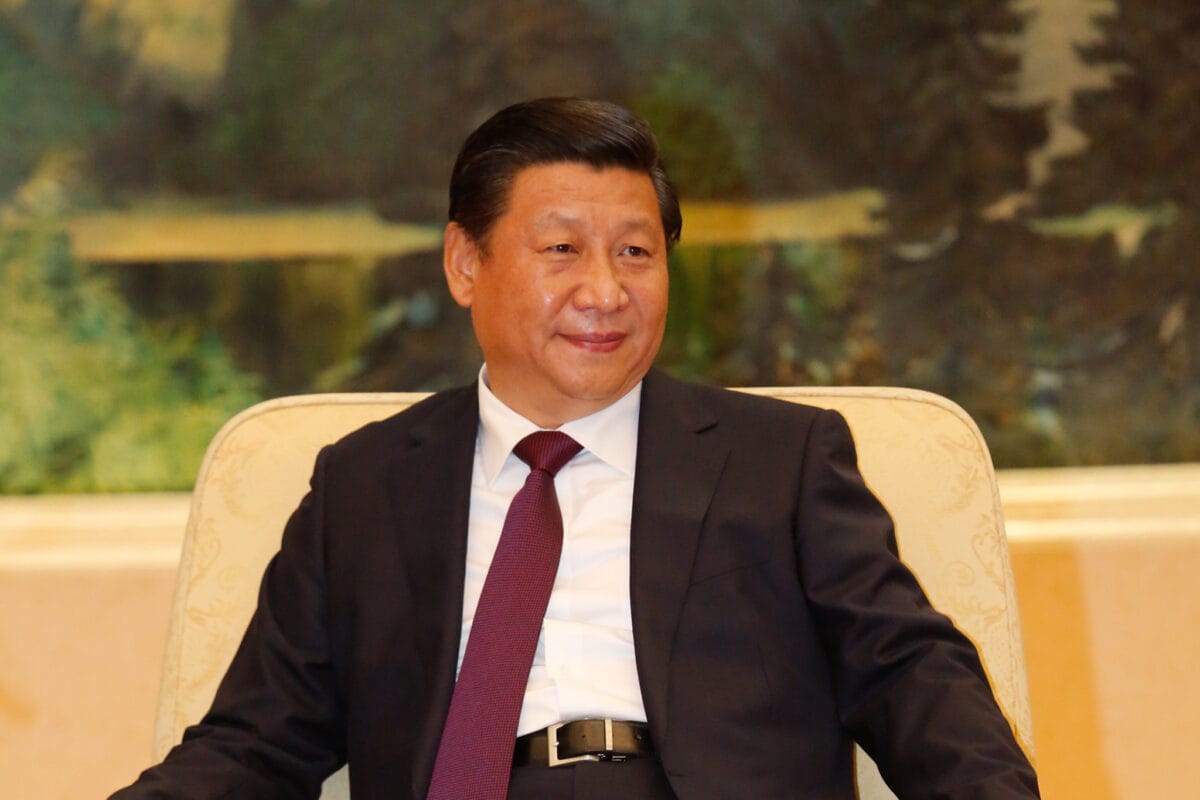Chinese Coronavirus Response Both Success and Failure, says Paulson Institute Researcher
June 16, 2020 — The Chinese coronavirus response was a mix of success and a failure, said Paulson Institute Senior Research Associate Neil Thomas in a Center for Strategic & International Studies webinar Monday. Thomas said that while the country was unable to control the virus’s spread, Chinese Pre










Member discussion